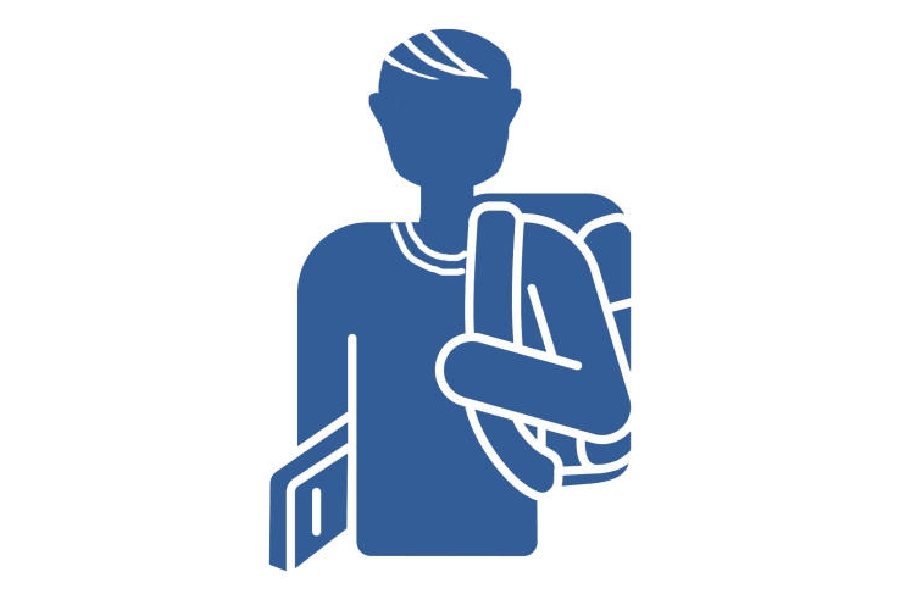Calcutta University has entirely stopped admission to its four-year BTech programme for graduates based on their BSc results from this year.
The university will discontinue its previous practice of admitting graduates to the second year of the BTech programme based on their BSc results and will now require them to take the joint entrance lateral entry (JELET) exam.
The university, which last year converted all its 424 BTech seats to four-year BTech programmes, created an additional 10 per cent of seats so the BSc graduates could take admission in the second year of the BTech programme.
Till last year, 40 per cent of the 424 BTech seats were reserved for BSc graduates, and they would take admission in the second year based on their BSc results.
Amit Roy, the secretary of the engineering and technology faculty, said they were stopping the admission based on BSc results altogether it was no longer approved by the apex regulatory body — All India Council for Technical Education (AICTE).
“We want to maintain uniformity in the screening layer. Besides, as the publication of the BSc final semester results often gets delayed, the classes for these students could not be started on time,” said Roy.
BSc graduates now have to write JELET to enroll in the BTech programme.
The university has also decided to introduce electronics engineering, a new discipline, to the four-year BTech programme.
An MTech programme, electronics science, that did not have many takers, has been converted to a four-year BTech in electronics engineering.
The notification signed by Roy says: “This is for the information of all concerned that the eligibility of the BSc honours graduate candidates in the 2nd year class of the 4-year BTech course in different streams/subjects has been changed from the academic session 2025-26. All such candidates have to appear in the JELET organised by the WBJEE board.”
The university has uploaded the eligibility criteria for writing the tests.
A professor of the university’s technology campus said the decision to stop admission to a BTech programme based on the performance at the BSc level suggests that the university has woken up to the reality — it is a must that a BTech aspirant must crack an entrance test conducted by the JEE board.
The phasing-out started with the launch of the four-year BTech programme in 2015, gradually replacing the three-year BTech programme where students used to be admitted based on their BSc results.
“The latest notification suggests that the phasing out is complete,” said the professor.
The need for four-year courses was felt because the job market had shrunk drastically for three-year BTech graduates.
The three-year courses used to fetch lucrative jobs when it was launched several decades ago.
“Over the years, the courses lost its lustre with the brighter students opting for a four-year engineering programmes because of better job prospects,” said a professor of computer science and engineering at CU.
It is the popularity of the four-year BTech programme that prompted the university to launch BTech in electronics engineering.
“We have written to the AICTE for approval. We hope admission to 20-odd seats of the new programme will start from next year,” said Roy.
Portal update by end of week: Bratya
Education minister Bratya Basu said on Wednesday evening that the education department would make an announcement on the start of the undergraduate admissions through the state-run centralised portal by the end of this week.
The minister said this a day after he said in the Assembly that he was “hopeful” of starting the undergraduate admission process before
June 19.
Minister Basu told reporters on Wednesday the undergraduate aspirants seeking admission to government
and government-aided colleges and universities through the portal “need not
worry”.
The results of the school leaving examinations across the boards were published in early May.
Although autonomous, minority, and private institutions began their admission process in the first week of May, it has yet to start in state-run colleges and universities.










